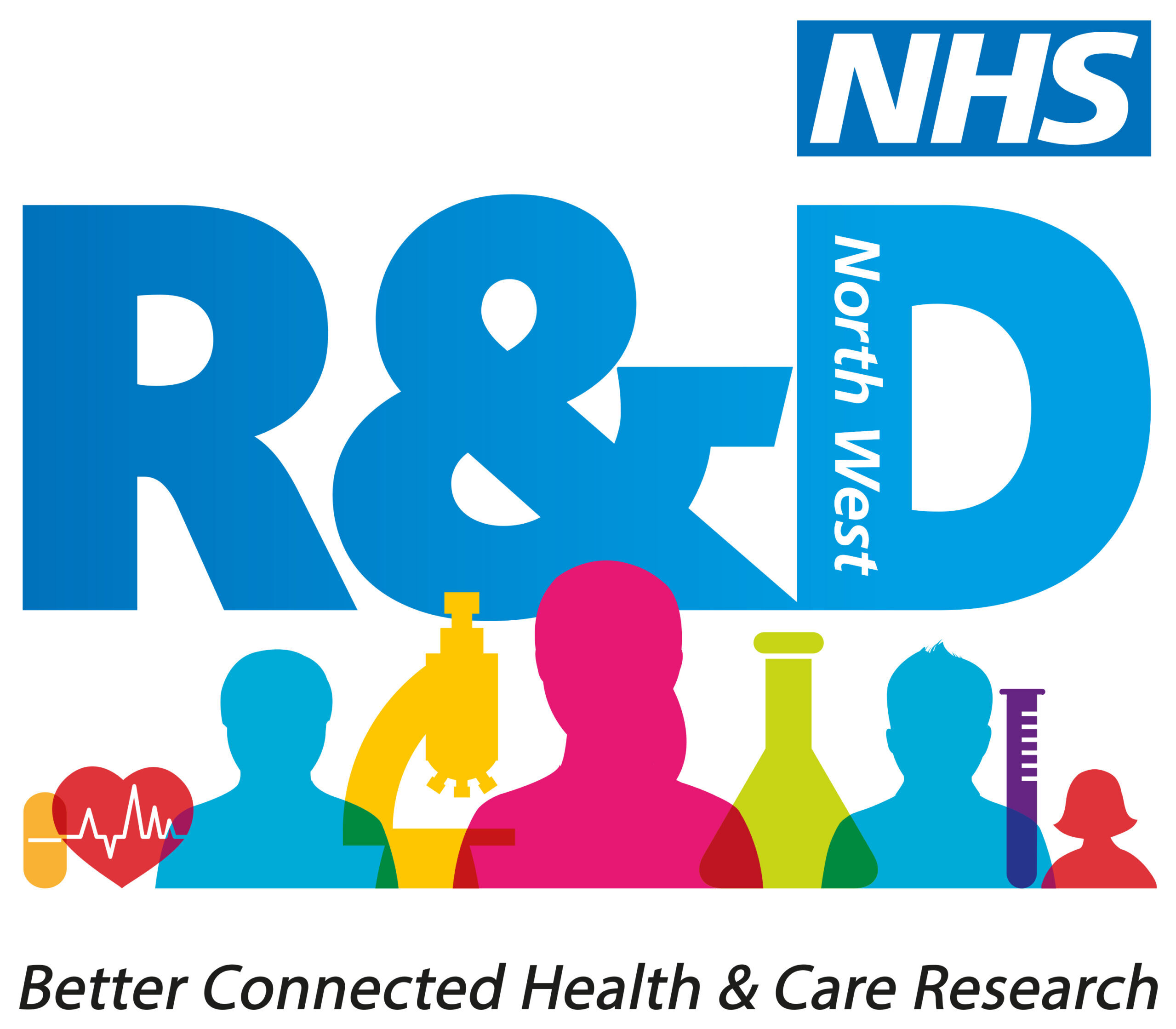FAQs
- Use the application form and follow the Guidance Notes.
- Make use of the word counts and be concise and clear.
- Show evidence of your research interest and any engagement you have had with research.
- The application must meet the programme criteria, make sense to the reader and reveal your passion for research.
- Make sure that you have asked someone to read your application to ensure it reveals your strengths and interests, as well as pick up obvious mistakes.
- On time and submitted before the deadline with support from your employer.
- The Bridging Schemes assume that applicants are 6-12 months away from submitting a competitive application for an NIHR award.
- If you are applying for a Pre-Doctoral award, you will have a research idea but your research question may not yet be fully formed. You will have publications and will have at least one supervisor in place.
- If you are applying for a post Doc award, you will have developed some research leadership and will be looking to develop leadership skills further.
- In either case, you should be aware of other opportunities in case your application is unsuccessful.
- NHS R&D NW offers schemes for all stages of research careers and you need to establish where you are on the career pathway.
- If entry level (Pre-Masters) the ECRDP or internship may be suitable. ECRDP offers personal development opportunities and the internship gives an opportunity to gain ‘hands on’ experience of doing research.
- If you want to do a PhD and have developed early research skills, a Bridging Award would provide a period of funding and support to enable you to have time to write a competitive application for research funding.
- If you have a PhD, you might look at the Post Doctoral Bridging scheme which provides funding and workshops to develop leadership skills and write a competitive application.
- To seek personal advice, please contact NHS R&D NW for an informal 1:1 discussion.
- Think about your skills and needs before finding out which opportunities are available both with NHS R&D NW and elsewhere. Maintain a sense of focus and discuss your needs with your supervisor. You will need supervisors and mentors to develop a research career.
- Contact the R&D Department in your Trust/employer as they will often be aware of other opportunities.
- Look at the NIHR site. Build your networks with others who are involved in research studies to share ideas. Be curious and open minded to new opportunities.
- The NHS R&D NW workshop offerings give you a way to explore key topics which may be of use to someone starting out on a research career.
- Usually you may want a period of reflection after an award and planning for your next steps.
- The next steps will depend on which programme you have completed. You may want to continue to build networks and establish mentors and perhaps a coach for support. Look at the NHS R&D NW website and/or speak to a member of the team here for advice.
- You will want to start to build a career plan and to speak to your manager about this to see how they could help you career and what you can give back to your team.
- The journey is usually from an early career researcher to mid career researcher to an established researcher.
- As an early career researcher, you will be curious and interested.
- As a mid career researcher, you will have developed your skills, will be doing research and collaborating with others on projects.
- As an established researcher, you will be leading research, influencing policy and probably writing grants to attract research funding.
